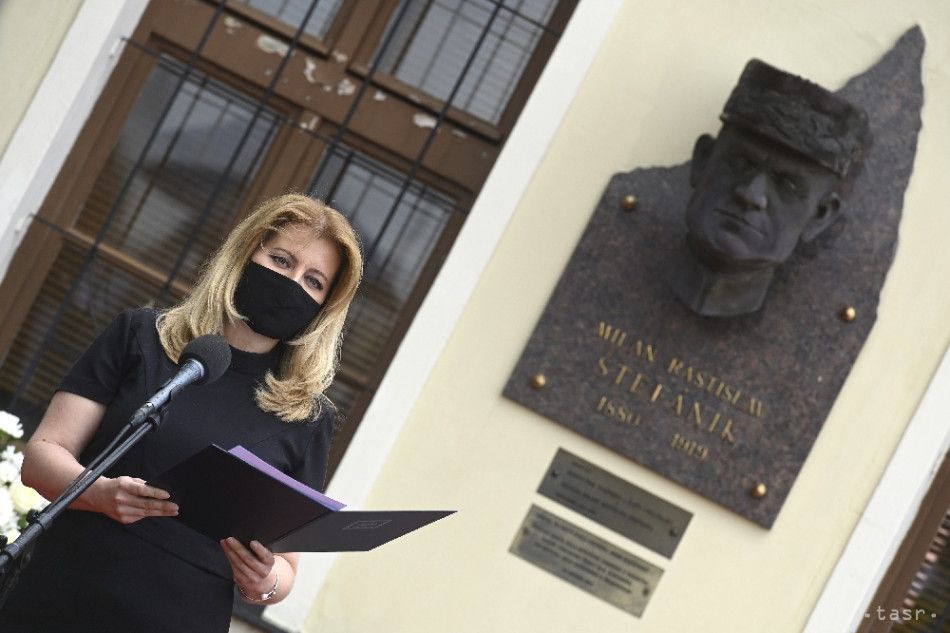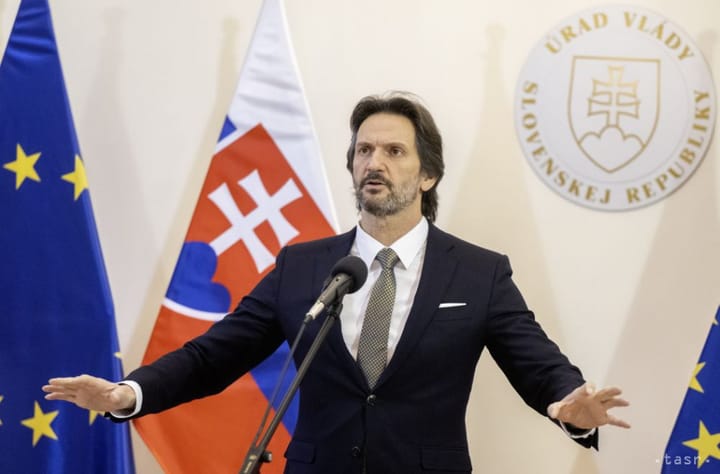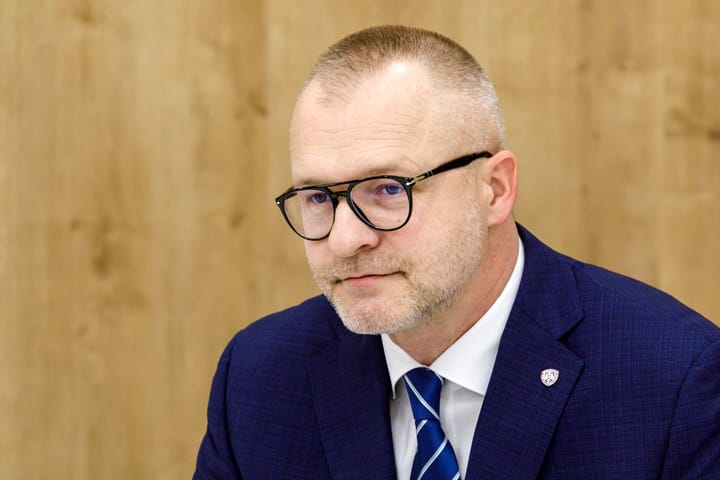Caputova: We Need Stefanik's Will to Sacrifice Also Today

Bratislava/Kosariska, July 21 (TASR) – The times when someone could have taken Stefanik from the Slovaks have passed; it’s all the more important that we don’t renounce him by ourselves but live and act in the spirit of his legacy, President Zuzana Caputova stated in her speech during celebrations to mark the 140th anniversary of the birth of General Milan Rastislav Stefanik in Kosariska (Trencin region) on Tuesday.
According to the president, even today we very much need Stefanik’s clairvoyance “so that we don’t overlook our historical opportunities” and his will to sacrifice in order to fulfil them. “And more often we also need to be reminded of how he understood democracy – as a duty to think before doing something about whether, as he said, by you action ‘you aren’t harming your neighbour, nation, society. This means to take control of your passions, not to talk but to solve problems’,” she said.
“Milan Rastislav Stefanik meets all the definitions and criteria according to which a great historical figure is known,” stated the president, pointing out how a “talented boy from Kosariska” overcame the poor conditions thanks to the fact that he added to his extraordinary talent “an inexhaustible effort to break through” to education, science and the highest spiritual achievements of his time.
“Even if Milan Rastislav Stefanik was known only for what he achieved as an astronomer, inventor, photographer, meteorologist, traveller, aviator and soldier, he would still be one of the greats of the Slovak nation and we would talk about him as a phenomenal man,” she said, noting that the current public perceives Stefanik to be the greatest Slovak.
In her speech, the president also emphasised Stefanik’s role in the formation of Czechoslovakia. During the war, the scientist became a politician and diplomat who after three years was a general of the French army and a figure in the highest social circles. “It was he who opened the doors of the Paris salons for Tomas Garrigue Masaryk and Eduard Benes so that they could look for support for the setting up of Czechoslovakia,” she said.



